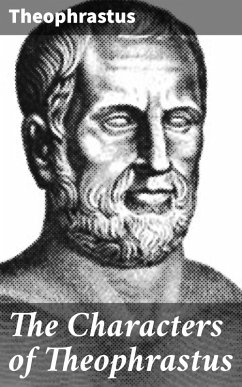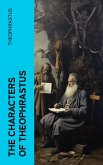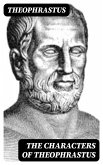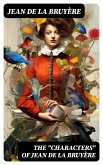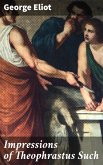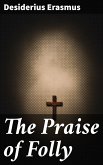The Characters of Theophrastus is a timeless collection of character sketches that offers a vivid glimpse into the everyday life of ancient Greece. Written in a concise and impactful style, this book delves into the quirks and flaws of various archetypal characters, providing readers with a unique insight into human behavior. Theophrastus' astute observations and sharp wit make this work a classic in the realm of character studies, anticipating the development of the modern novel. The book's literary context lies at the intersection of philosophy, ethics, and satire, making it a significant contribution to ancient Greek literature. Theophrastus, a student of Aristotle, was a prominent philosopher and botanist in ancient Greece. His keen eye for detail and profound understanding of human nature are evident in The Characters of Theophrastus, reflecting his deep intellectual curiosity and scholarly acumen. It is believed that Theophrastus drew inspiration from his observations of society and his philosophical teachings when composing this collection. I wholeheartedly recommend The Characters of Theophrastus to readers interested in delving into the complexities of human nature through the lens of ancient Greek literature. This book is a valuable resource for students of philosophy, literature, and classical studies, offering a thought-provoking exploration of character types and societal norms.
Dieser Download kann aus rechtlichen Gründen nur mit Rechnungsadresse in A, B, BG, CY, CZ, D, DK, EW, E, FIN, F, GR, H, IRL, I, LT, L, LR, M, NL, PL, P, R, S, SLO, SK ausgeliefert werden.

